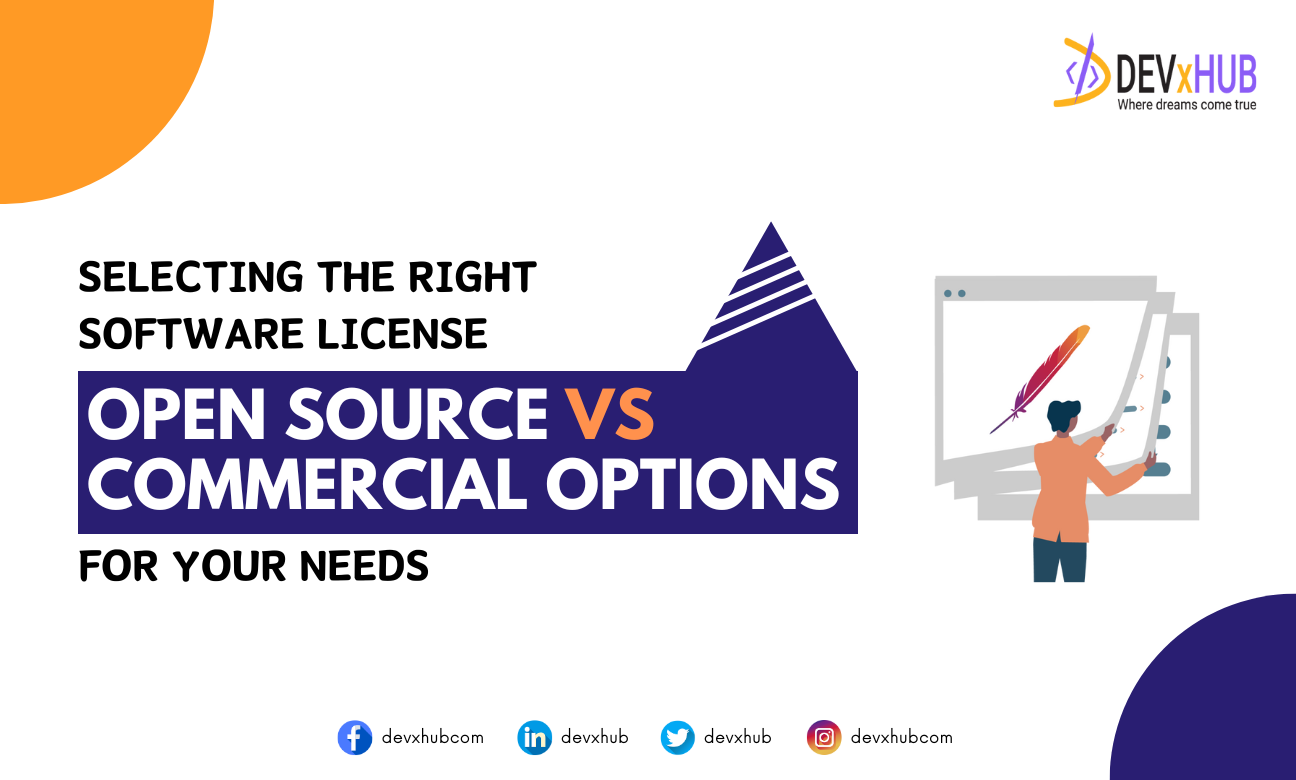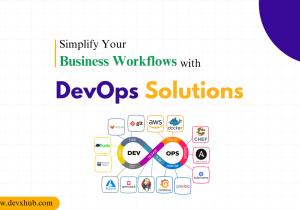Blog - Selecting the Right Software License: Open Source vs. Commercial Options for Your Needs
In today’s digital age, selecting the right software licensing model is crucial for businesses, developers, and individuals alike. The debate between open source and commercial software licenses is ongoing, with strong advocates on both sides. This choice impacts not just immediate software costs, but also long-term development flexibility, security, and support. Understanding the nuances of open source and commercial software licenses can guide you to make an informed decision that aligns with your project’s needs, budget, and future growth aspirations.
Delving into Open Source Software Licenses
Open source software (OSS) is defined by its license, which grants users the freedom to access, modify, and redistribute the software’s source code. This model fosters a collaborative environment that encourages the sharing of knowledge and collective improvement of the software. Linux, Apache, and Mozilla Firefox stand as towering examples of how open source can drive innovation and offer robust alternatives to commercial counterparts.
Advantages of Open Source Software
- – Cost Efficiency: The most apparent benefit of OSS is its price tag, or lack thereof. Free access to OSS can significantly reduce software expenses.
- – Flexibility and Customization: Being able to tweak the source code allows users to tailor the software to their specific needs, an advantage that’s particularly appealing for unique or evolving use cases.
- – Community Support: A vibrant community not only contributes code but also provides peer support through forums, wikis, and direct assistance, enriching the user experience and resources available.
Challenges of Open Source Software
- – Variable Support Quality: While community support can be extensive, it lacks the guaranteed response times and dedicated assistance often provided by commercial vendors.
- – Integration and Compatibility: OSS might not always seamlessly fit into existing ecosystems, requiring additional effort to ensure compatibility with other software or systems.
- – Technical Expertise Required: Leveraging OSS fully often demands a higher level of technical skill from users, particularly for customization and maintenance.
Exploring Commercial Software Licenses
Commercial, or proprietary, software is owned by a company or individual who controls its distribution, modification, and use through licensing agreements. This model includes widely used software like Microsoft Office, Adobe Creative Suite, and the Oracle Database system, emphasizing a turnkey solution approach for users.
Advantages of Commercial Software
- – Dedicated Support and Service: Commercial vendors provide structured support services, including customer service hotlines, technical support, and regular updates, ensuring users receive help when needed.
- – User-Friendly Design: These software products often focus on ease of use, with intuitive interfaces and comprehensive documentation, facilitating a smoother user experience.
- – Consistency and Security: Vendors invest in regular updates and security patches, aiming to offer a stable and secure software environment, which is crucial for business-critical applications.
Disadvantages of Commercial Software
- – Cost Considerations: The initial purchase and ongoing licensing fees can represent a significant investment, particularly for small businesses or individuals.
- – Limited Customization: Users are generally restricted to the features and functionalities provided out of the box, with little room for modification.
- – Vendor Lock-In: Relying on a single vendor for updates, support, and compatibility can constrain operational flexibility and future technology choices.
Navigating Your Choice
Deciding between open source and commercial software licenses involves weighing several critical factors:
- – Budgetary Constraints: OSS offers an attractive upfront cost advantage, but remember to account for potential hidden costs like customization and integration. Commercial software, while often more expensive initially, provides predictability in expenses.
- – Technical Capacity: Consider your team’s technical capabilities. If you have the expertise to modify and maintain OSS, it could offer greater long-term benefits. Conversely, if your focus is on ease of use and quick deployment, commercial software might be the better route.
- – Operational Requirements: Evaluate the specific needs of your project. This includes considering required features, compatibility with existing systems, and scalability for future growth.
In Conclusion
The debate between open source and commercial software licenses doesn’t have a one-size-fits-all answer. Open source software offers unparalleled flexibility and cost savings, ideal for technically adept teams looking for customizable solutions. Commercial software, on the other hand, provides a streamlined, user-friendly option with dedicated support, suitable for businesses that value reliability and ease of use over customization. By carefully assessing your project’s unique needs, budget, and technical capabilities, you can make a strategic choice that supports your objectives both now and in the future. This decision is more than just about the software; it’s about aligning with a philosophy that best suits your vision for growth and innovation.
Related Posts
Categories
- App Development (2)
- Design (2)
- DEVxHUB (30)
- Digital Marketing (2)
- Guide (24)
- It Bangladesh (1)
- Logo design (1)
- Operating system (1)
- Personal Improvement (14)
- Planning (4)
- Project management (3)
- Social media (2)
- Software Development (5)
- Software Quality Assurance (8)
- Startups (1)
- Team work (1)
- UI UX (1)
- Web Development (6)
Main Tags
- 2024
- Android
- app development
- bangladesh
- content writing
- design
- devxhub
- Digital marketing
- Guide
- IOS
- It
- logo design
- Operating system
- Personal Improvement
- planning
- project management
- social media
- Software Development
- Software Quality Assurance
- software testing
- software testing types
- Startups
- Success
- team
- UI UX
- UI UX design
- VR
- Web Development















